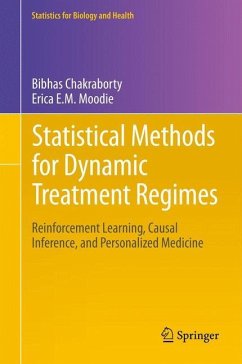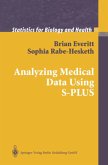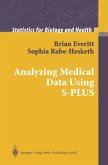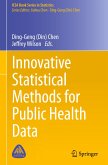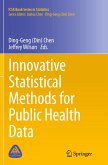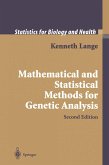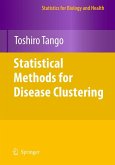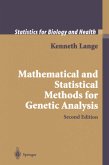Statistical Methods for Dynamic Treatment Regimes shares state of the art of statistical methods developed to address questions of estimation and inference for dynamic treatment regimes, a branch of personalized medicine. This volume demonstrates these methods with their conceptual underpinnings and illustration through analysis of real and simulated data. These methods are immediately applicable to the practice of personalized medicine, which is a medical paradigm that emphasizes the systematic use of individual patient information to optimize patient health care. This is the first single source to provide an overview of methodology and results gathered from journals, proceedings, and technical reports with the goal of orienting researchers to the field. The first chapter establishes context for the statistical reader in the landscape of personalized medicine. Readers need only have familiarity with elementary calculus, linear algebra, and basic large-sample theory to use this text. Throughout the text, authors direct readers to available code or packages in different statistical languages to facilitate implementation. In cases where code does not already exist, the authors provide analytic approaches in sufficient detail that any researcher with knowledge of statistical programming could implement the methods from scratch. This will be an important volume for a wide range of researchers, including statisticians, epidemiologists, medical researchers, and machine learning researchers interested in medical applications. Advanced graduate students in statistics and biostatistics will also find material in Statistical Methods for Dynamic Treatment Regimes to be a critical part of their studies.
From the reviews:
"Overall, the book provides an excellent reviewof DTRs up to date. After finishing reading the book, I planned to create a post-graduate seminar course on this topic using this book as a textbook. I enthusiastically recommend this book. This book will be a valuable reference for anyone interested and involved in research on personalized medicine." (Hyonggin An, Journal of Agricultural, Biological, and Environmental Statistics, April, 2015)
"The intended audience includes physicians, clinical researchers, physicians in training, statisticians, and medical students, as well as master's and doctoral students in the field of biostatistics and epidemiology and computer scientists. ... This book provides a concise summary of the key findings in the statistical literature of dynamic treatment regimes. ... The simple language and well-organized chapters are unsurpassed attributes of this book. It will be an exceptional resource for quick review." (Parthiv Amin, Doody's Book Reviews, November, 2013)
"Overall, the book provides an excellent reviewof DTRs up to date. After finishing reading the book, I planned to create a post-graduate seminar course on this topic using this book as a textbook. I enthusiastically recommend this book. This book will be a valuable reference for anyone interested and involved in research on personalized medicine." (Hyonggin An, Journal of Agricultural, Biological, and Environmental Statistics, April, 2015)
"The intended audience includes physicians, clinical researchers, physicians in training, statisticians, and medical students, as well as master's and doctoral students in the field of biostatistics and epidemiology and computer scientists. ... This book provides a concise summary of the key findings in the statistical literature of dynamic treatment regimes. ... The simple language and well-organized chapters are unsurpassed attributes of this book. It will be an exceptional resource for quick review." (Parthiv Amin, Doody's Book Reviews, November, 2013)

